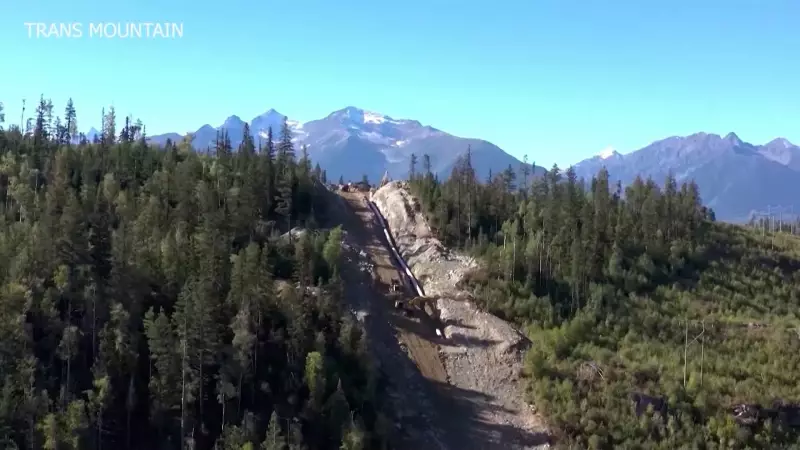
Alberta is making significant strides in its ambitious plan to expand pipeline infrastructure westward, with Indigenous engagement emerging as a cornerstone of the provincial strategy. The government is actively pursuing new energy corridors that could transform Canada's oil export landscape.
Building Bridges with Indigenous Communities
The provincial government has initiated comprehensive consultations with Indigenous groups along potential pipeline routes. This proactive approach marks a fundamental shift in how major energy projects are being developed, placing Indigenous partnerships at the forefront of Alberta's economic vision.
"We're not just consulting; we're seeking genuine partnerships," emphasized a senior government official involved in the process. "Indigenous communities must be active participants in these projects, not merely stakeholders."
Economic Opportunities and Environmental Considerations
The proposed pipeline expansion represents more than just infrastructure development—it's being positioned as an economic catalyst for Western Canada. Key aspects of the plan include:
- Creating long-term revenue streams for Indigenous communities
- Generating thousands of jobs during construction and operation
- Establishing new market access for Alberta's energy resources
- Implementing world-class environmental protection measures
Navigating Complex Regulatory Landscapes
The pipeline initiative faces multiple challenges, from regulatory approvals to environmental assessments. However, provincial leaders remain optimistic about the project's potential to strengthen Canada's energy security while creating sustainable economic benefits.
"This isn't just about moving resources; it's about building relationships and creating legacy opportunities," noted an industry analyst familiar with the project. "The emphasis on Indigenous engagement could set a new standard for resource development in Canada."
Looking Toward the Future
As discussions continue, the focus remains on balancing economic development with environmental stewardship and meaningful Indigenous participation. The success of these early engagement efforts could determine the timeline and ultimate approval of what many are calling a generational opportunity for Western Canada's energy sector.
With preliminary talks showing positive momentum, Alberta's pipeline push represents a critical test of whether major resource projects can successfully integrate Indigenous partnership models while addressing Canada's evolving energy needs.





